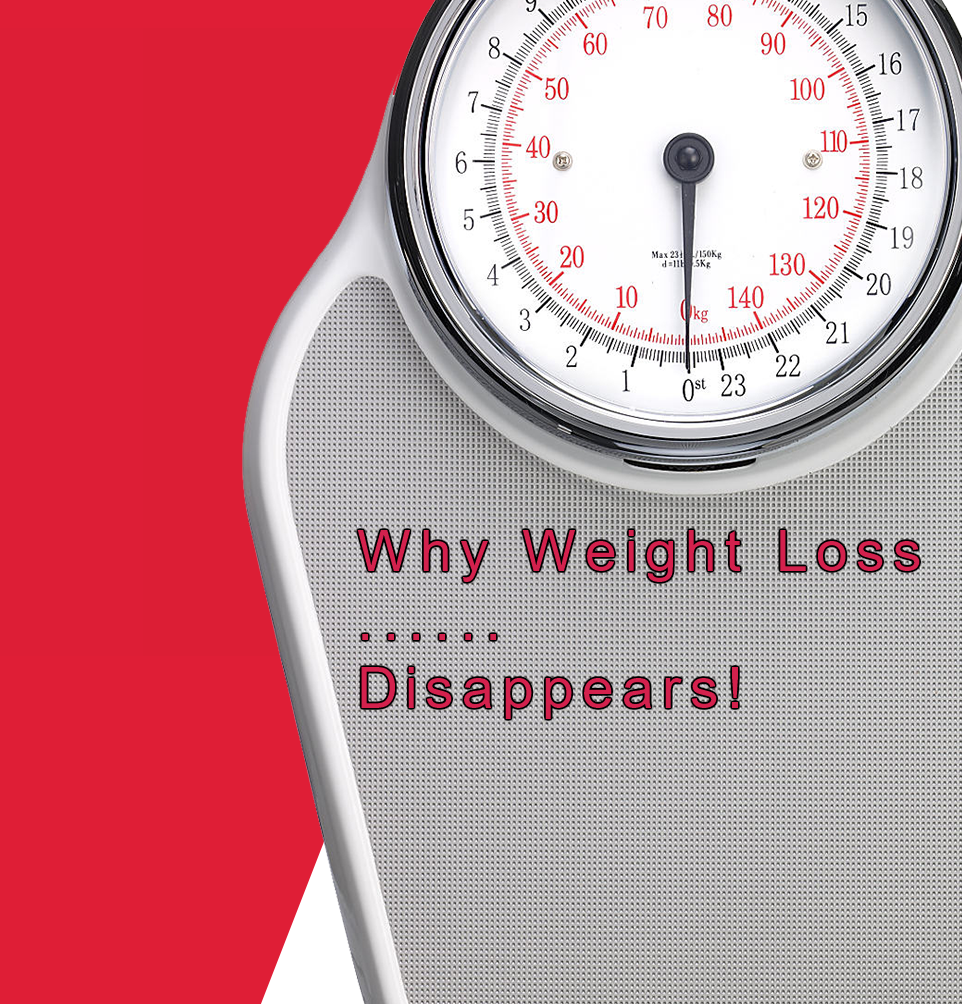

Intermittent fasting can be an effective tool for weight loss and improving body composition. By strategically timing your meals and extending the fasting window, you can tap into the body’s natural metabolic processes and achieve remarkable results. It has gained popularity in the fitness community due to its potential health benefits and ability to support weight management goals. Intermittent fasting is an eating pattern that cycles between periods of fasting and eating. It takes into account factors such as workout intensity, duration, and preferred training style, enabling you to maximize performance and results. The IF Calculator can help you tailor your exercise routine to complement your fasting schedule. Physical activity plays a significant role in any fitness regimen, and intermittent fasting is no exception. The IF Calculator can also provide guidance on your daily caloric needs, ensuring you maintain an appropriate calorie deficit or surplus, depending on your objectives.

While intermittent fasting primarily focuses on the timing of meals, caloric intake is still a crucial aspect of achieving your fitness goals. By inputting this information, you can customize your fasting schedule for optimal results. It considers factors such as your activity level, body composition, and desired rate of weight loss. The IF Calculator helps you determine the most suitable fasting window based on your goals and lifestyle. Now, let’s dive into the specifics of the IF Calculator and how it can assist you in optimizing your intermittent fasting routine. Always consult your doctor before commencing a weight loss program.The past cannot be changed. Additionally, this calorie calculator is not applicable to children or pregnant women. Much of the research for this calorie calculator was based on the resources at Wikipedia on BMI, BMR and the Harris Benedict equationĭisclaimer: Please understand that these calculations are based on scientific formulas that generalize between people, and as such may not be relevant in all cases. Many consider it unhealthy to adopt a calorie consumption of less than 1200 Calories a day and as such, if you can not lose weight at a recommended speed without dropping your calories below this level you may consider increasing your activity as an alternative. The weight loss calculator will then compute your daily Calorie consumption required to achieve approximately 1lb to 2lbs of fat loss a week. This would imply creating a calorie deficit of 3500 Calories to 7000 Calories a week, or 500 to 1000 Calories a day. Many sources recommend you should aim for 1lb to 2lbs of fat loss a week for sustainable weight loss. It is widely believed that consuming 3500 Calories less than you burn over a period of time will result in approximately 1lb of fat loss. In order to lose weight, you should attempt to consume less calories than you burn. If you burn the same number of calories as you consume, you can assume your weight will remain relatively constant. Many theories of weight loss are based on the notion of creating calorie deficit into your diet and exercise routine. It is here that we see some directly useful information for the weight loss process. There is no need to understand these terms, but rather can be viewed as how many Calories you burn a day with no real activity or digestion occurring.Īn estimate of the actual number of calories you burn a day is then computed by adjusting your BMR by a factor related to your general level of activity and exercise. Your BMR can be defined as your Calorie expenditure while at rest in a neutrally temperate environment, in the post-absorptive state. You can then see an estimate of your Basal Metabolic Rate (BMR). Your BMI is commonly used to determine if youĪre overweight for your height and this will let you see which weight category you currently fit into. The first output will be your BMI (Body Mass Index). You can calculate a number pieces of information that are useful in a weight loss process.

The calorie calculator is a useful tool to help determine if you are overweight, how many calories you are burning a day and some suggestions to the amount of calories you should consume.Īfter you input information about yourself such as your age, gender, height, activity level and your current weight Weight Loss Calculator Help - Information


 0 kommentar(er)
0 kommentar(er)
